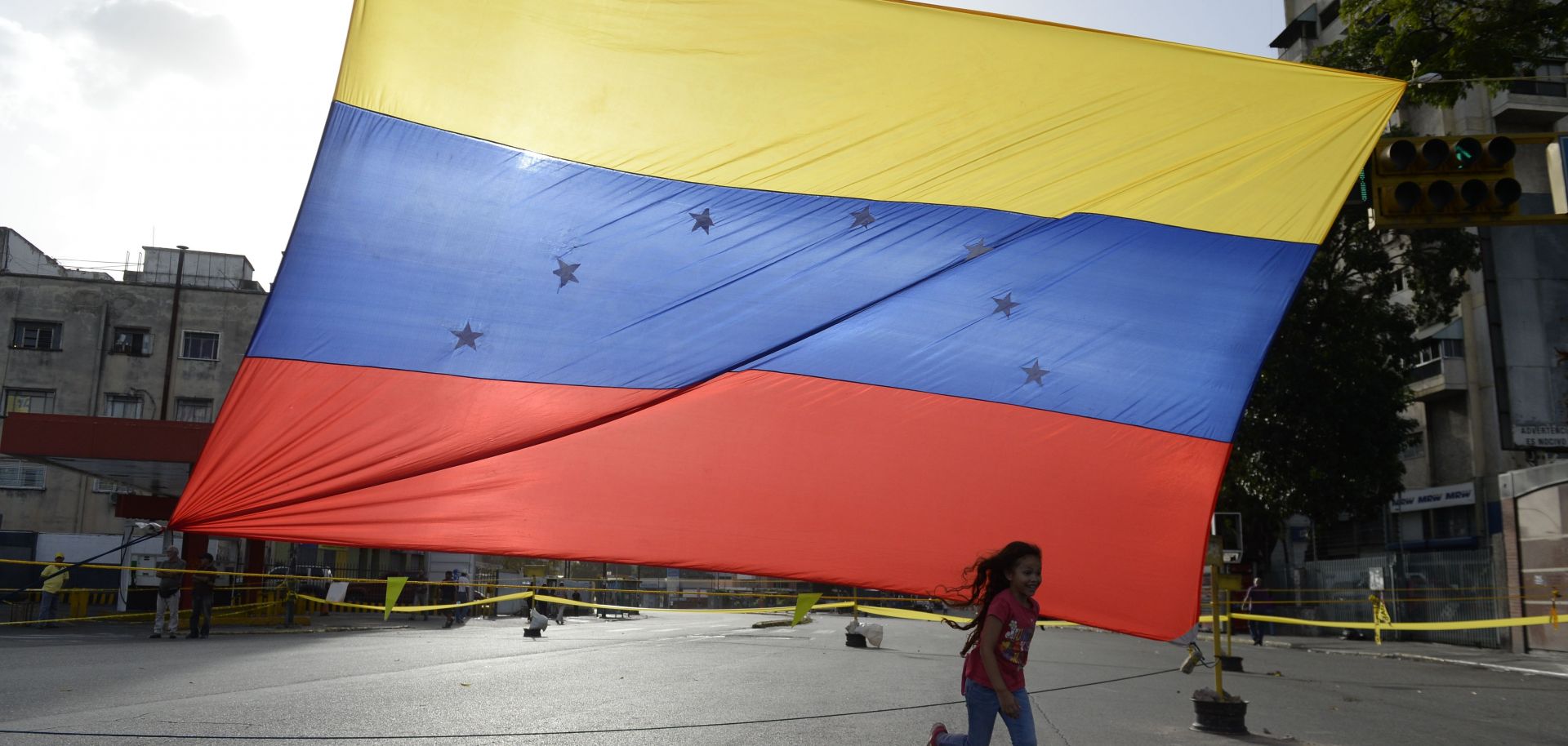REFLECTIONS
U.S. Negotiations With Venezuela: A Choice Between Bad and Worse
Apr 6, 2018 | 16:18 GMT

To stop the economic crisis in Venezuela and to keep violence at bay, the United States may have to bend on its political demands of the country.
(FEDERICO PARRA/AFP/Getty Images)
Highlights
- Venezuela's government will try to use the U.S. citizens in its custody as leverage in talks with Washington.
- If Washington chooses to seriously engage in negotiations with Caracas, it will probably try to steer the crisis in Venezuela away from a potentially violent military coup or to address the regional effects of emigration from the country.
- Domestic factors, such as opposition in the White House and among voters in Florida, could prevent the talks from even starting.
Subscribe Now
SubscribeAlready have an account?
